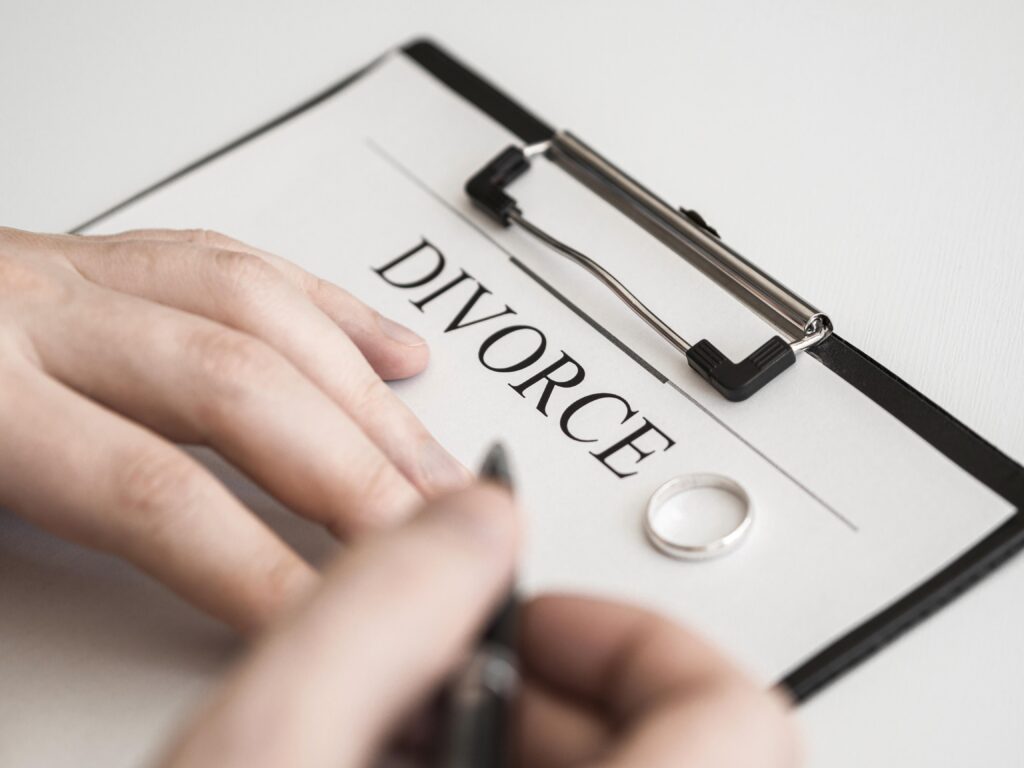Now Reading: The Importance of Medical Records in Proving Damages in a Personal Injury Case
-
01
The Importance of Medical Records in Proving Damages in a Personal Injury Case

The Importance of Medical Records in Proving Damages in a Personal Injury Case
After an accident, it can be difficult to know how to move forward. If you suffered injuries due to someone else’s negligence, you might have a case for a personal injury claim. To win such a claim, you must prove the other party was at fault for your injuries, which requires reliable documentation of your medical records.
This article will help you to understand your rights and get the compensation needed to rebuild life by requesting and compiling the necessary medical records.
Why Medical Records Are Important
Medical records can be critical to any personal injury case, as they can provide important evidence for establishing liability. By having access to medical records, an attorney and their client can demonstrate that someone else’s actions caused the injury suffered and that damages have been incurred due to these actions.
These records can provide concrete proof, such as treatment plan details, diagnoses, medication information, and physician follow-up recommendations. Furthermore, medical records can also establish lost income due to time taken off work for recovery or doctor visits, as well as out-of-pocket expenses for treatment or medications.
Overall, having a complete set of medical records is essential for a successful personal injury claim and should be requested by anyone considering filing a lawsuit.
How Can They Help?
A key component of developing such a case is gathering and presenting evidence. In personal injury cases, medical records are essential evidence to help demonstrate the severity and scope of the injuries suffered. They provide objective information about a person’s condition, including details such as diagnosis, treatment plan, test results, medications prescribed, prognosis, and more.
Additionally, they document an injured person’s attempt to treat their injuries and reduce the extent of their suffering – an action known as mitigating damages. When supported by further evidence, such as traffic camera footage or witness testimony, medical records can be invaluable in helping establish fault and ensuring that those responsible for an injury are held accountable. When you contact a Southfield, MI, personal injury lawyer, they can help you obtain these records so your case can smoothly proceed. An attorney can use these records for multiple things, which we will explain in more detail below.
Proving Personal Injury
When filing a personal injury claim, several key elements must be proven to be successful.
First and foremost, it must be established that the responsible party had a duty of care and that this duty was breached. This means showing that the defendant owed a reasonable standard of care to the plaintiff and failed to meet that standard. This can be done through evidence like photographs, witness statements, police reports, or expert testimony.
The second element is causation; this requires demonstrating how the defendant’s breach of duty caused or materially contributed to the plaintiff’s injury. Evidence such as medical records or testimony from an expert witness can help prove causation.
The third element is damages; this requires proof of physical harm or emotional distress caused by the defendant’s breach of duty. Medical bills, lost wages due to missed work, and independent medical examinations are all important sources of evidence when proving damages in a personal injury case.
Medical records are particularly important pieces of evidence when establishing damages and should always be included when building your case.
Determining How Much Your Injuries Are Worth
When trying to ascertain fair compensation for the damages caused by injuries, medical records are an important factor to consider. Medical costs incurred due to the treatment of injuries can serve as an accurate basis for how much a personal injury claim might be worth.
However, other types of damages may also be recoverable, such as:
- Pain and suffering
- Emotional distress
- Lost wages
- Disfigurement
- Mental anguish
- Loss of consortium
In short, there are a variety of different damages that may be recoverable depending on the severity of one’s injuries and how they have impacted their lives post-accident or injury. An experienced attorney can help victims understand what damages may be included in any claim and what kind of compensation they should expect.
File a Claim With Confidence
Medical records are an important part of any personal injury claim. They provide a clear and accurate picture of your injuries, their impact on your life, and other necessary information regarding your medical history.
Submitting all test results and following up on recommended appointments and treatments is essential to provide the best evidence possible for your claim. If you believe you have suffered an injury due to the negligence of another person or party, you must contact a personal injury lawyer immediately to help build a strong legal case on your behalf.










